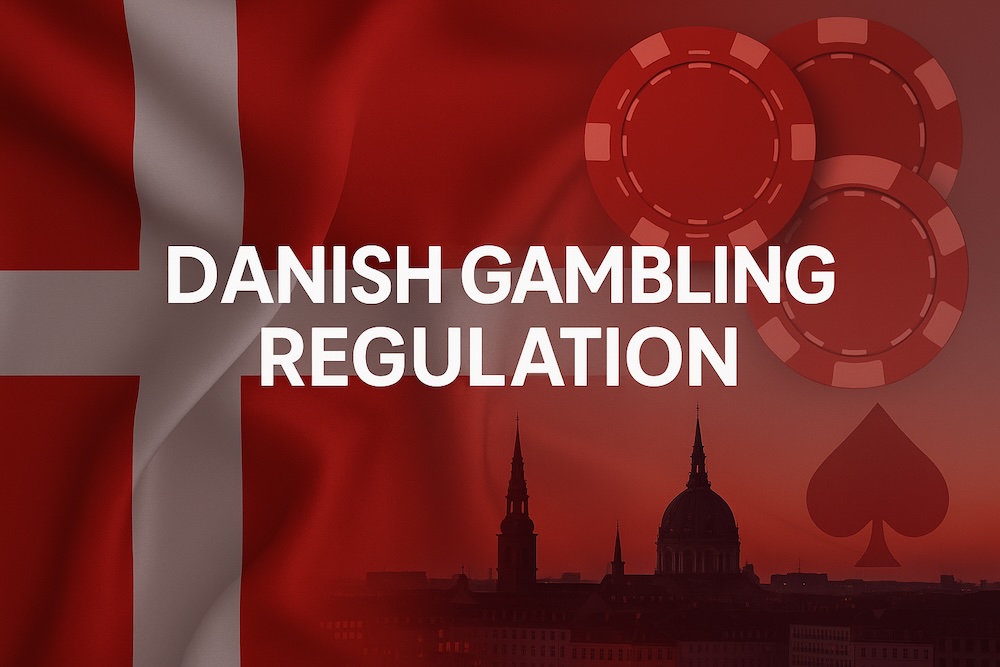Denmark’s gambling authority, Spillemyndigheden, has issued updated regulatory guidance that tightens the rules around promotional campaigns and advertising disclosures. This latest revision, while technical in nature, signals a clear shift: Denmark is not content to ride the wave of record gambling revenues without reinforcing consumer protections.
The newly released versions — 3.0 for marketing disclosures and 5.0 for sales promotions — bring refined language, stricter conditions, and, most notably, a stronger emphasis on responsible conduct by licensed gambling operators. For anyone familiar with the regulator’s measured but firm approach, these updates are less of a surprise and more of a statement: profit cannot come at the expense of transparency and public welfare.
One of the most significant changes is a ban on targeting inactive players with personalised offers. While general campaigns sent to an operator’s entire database are still allowed, singling out users who haven’t logged into their accounts recently is now off the table. This marks a subtle but meaningful tightening — an acknowledgment, perhaps, of the vulnerability of those disengaged from gambling and the ease with which they can be lured back.
Further, Denmark has placed a ceiling on the monetary value of individual promotions. No single offer may exceed DKK 1,000, which is approximately €134. The updated guidelines provide more precision on how operators must communicate minimum wagering requirements, time limitations, and other key terms. Gone are the days when vague language and fine print were enough to tick a regulatory box. The new tone is one of clarity and consumer empowerment.
Indeed, the documents now include practical examples, removing any lingering ambiguity about what constitutes lawful practice. Advertising must present gambling as what it is — entertainment — and not a fast track to luxury, wealth, or personal success. Promises of glamour and glory are being traded in for truthfulness and realism, at least in regulatory terms.
Eligibility rules, rollover conditions, and caps on winnings must be front and centre in promotional messaging. The regulator does acknowledge the limitations of certain advertising formats — such as brief SMS messages or app notifications — but even these must carry as much relevant information as possible. Operators are advised to include links or clear paths to more detailed terms wherever space is limited.
Another key requirement is the mandatory use of ROFUS, Denmark’s national self-exclusion register. Before any form of direct marketing — including email campaigns, text messages, or mobile app push notifications — operators must ensure they are not contacting individuals who have opted out of gambling. This rule, while not new, has been reinforced, suggesting the regulator believes some operators may still be cutting corners.
The changes come at a time when Denmark’s gambling market is experiencing remarkable growth. Spillemyndigheden’s May 2025 figures show that national gambling revenue rose to DKK 683 million (€91.5 million), a 19.5% increase compared to the same month last year and a 2.6% rise from April. The online casino sector, in particular, is booming. In May alone, online casino revenue hit DKK 389 million (€52.1 million), up a staggering 40.1% from May 2024.
Slots continue to dominate the online space, accounting for 83.1% of online casino revenue. Blackjack, roulette, poker, bingo, and other games follow far behind — clear evidence that slot machines remain the central engine of Denmark’s digital gambling economy.
But this success also underscores why the regulator is acting now. With growth comes responsibility. Spillemyndigheden appears to be reinforcing a social contract: gambling may flourish, but only within carefully monitored boundaries that protect the public — particularly those at risk of addiction or financial harm.
The emphasis on factual advertising is especially timely. In an era where social media often blurs the line between lifestyle and reality, gambling promotions that paint a misleading picture of instant wealth have come under increased scrutiny across Europe. Denmark is choosing a more grounded approach, and by doing so, it aligns itself with the broader European trend towards regulated realism in gambling communication.
It’s worth noting that while these regulations may seem restrictive to operators, they’re designed to foster long-term trust. Clearer promotions, better disclosures, and respectful marketing create a more sustainable industry. Players know what they’re signing up for, and regulators sleep a little easier knowing fewer people are misled or exploited.
As the rest of Europe watches and perhaps takes note, Denmark is setting a tone — one of balance, maturity, and forward-thinking oversight. Operators may grumble over red tape, but for consumers, this is regulation that speaks their language.

















